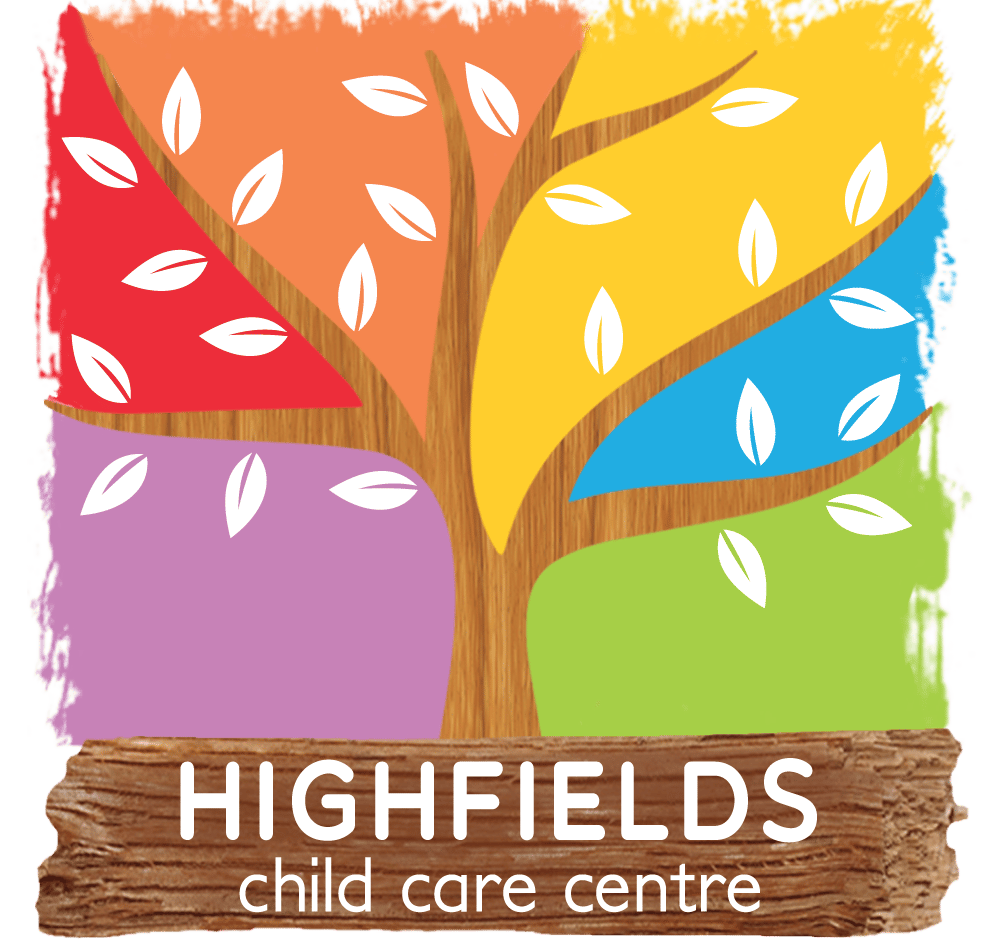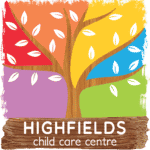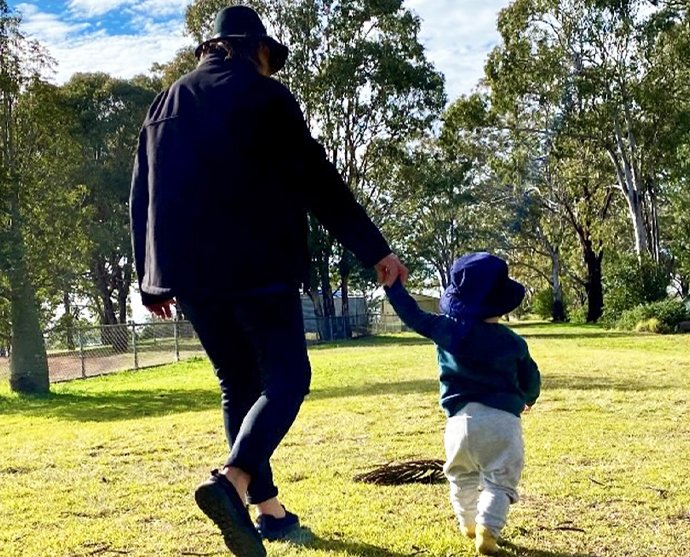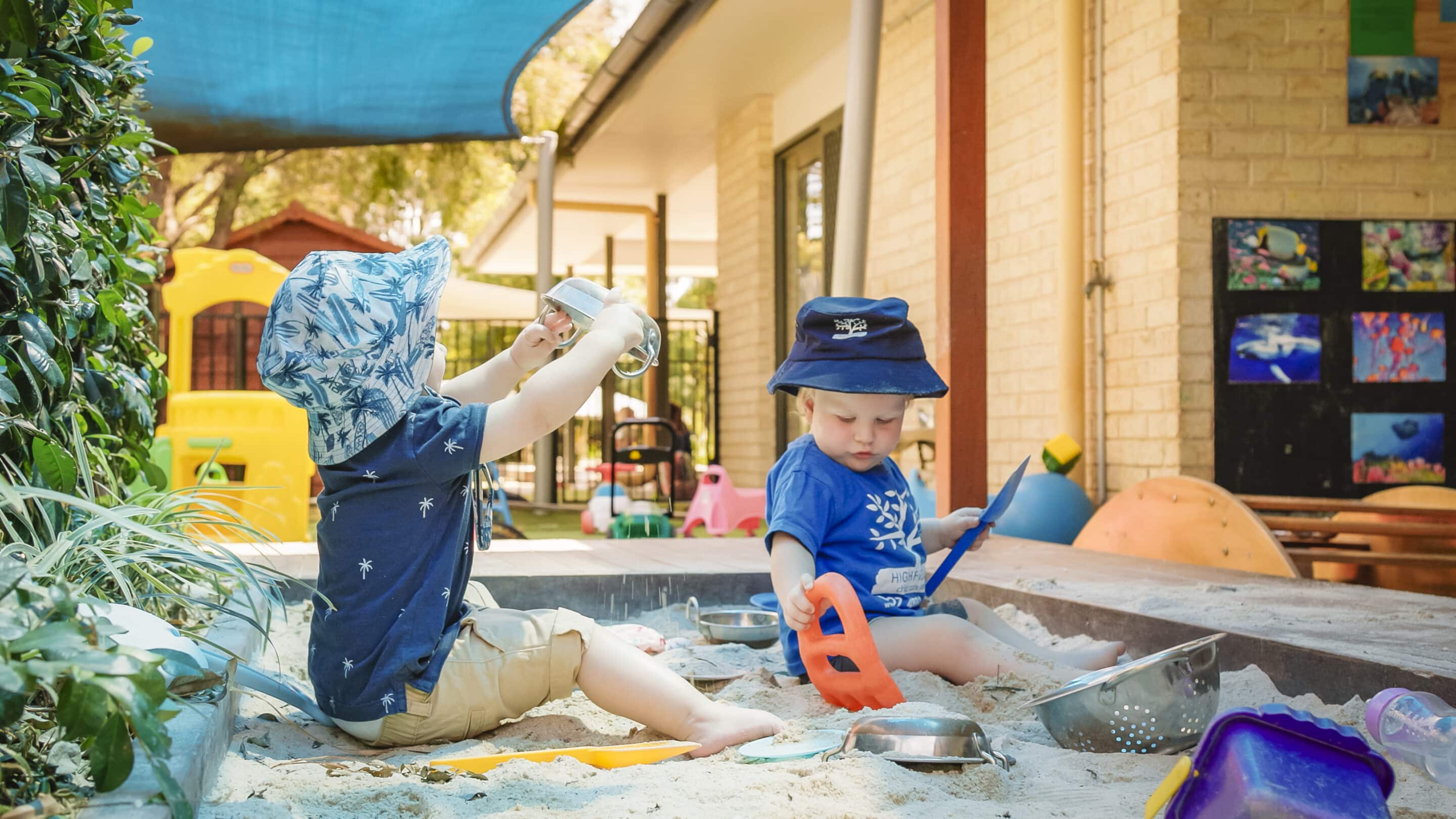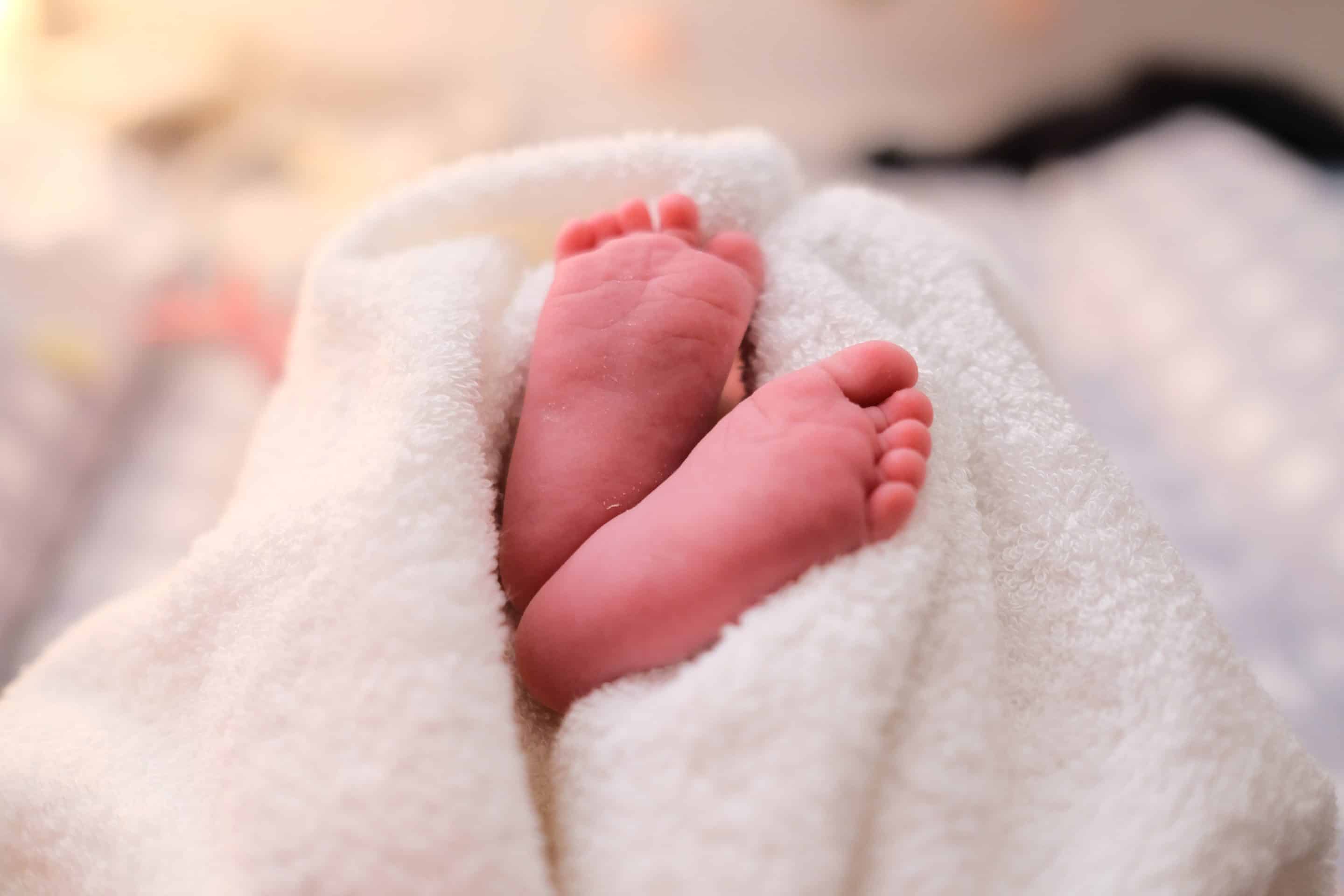At Highfields Child Care Centre, our educators are sure to regularly reflect on their practice and the week past, choosing to be open and accept change where needed. Our team understand that change isn’t about poor performance but instead about growing and strengthening their practice. This builds their professional capacity based on a new way of thinking.
We support and encourage our educators by creating a learning community and environment that truly values time spent on reflection. Our Approved Providers continually role model and practice critical reflection, supporting the leaders in our centre to guide the reflective process. Opportunities for individual and team reflections are invited at Highfields Child Care Centre in many ways, including:
- building reflection into team meetings,
- sharing reflections on practice with families and children, and
- providing training and resources that support the progress of a reflective practice process.
There are three important levels of reflective practice: technical reflection, practical reflection, and critical reflection.
With technical reflection, our educators have a growth area in their knowledge of what and how to manage their daily tasks of working with children and how to apply knowledge learnt during training to a holistic child care environment.
Practical reflection is when our child care educators identify growth within the interplay between principles and practices, the assumptions that underlie the practice and how these relate to values and goals.
Critical reflection goes further, looking at identifying growth opportunities beyond what is happening in the program. It involves thinking about our individual biases and beliefs that may be influencing our practice.
We all understand that reflection is a continuous, lifelong process requires for both personal and professional development. Our team highly values feedback as an important method for building capacity and reflecting on their early learning practice, but also to help develop skills to support self-awareness.
Highfields Child Care Centre has built a community of practice that is a coming together of individuals who share a passion and an interest in the same issues and beliefs. The community is formed by a group of people who share common concerns or passions and seek to broaden their knowledge and expertise in this area by interacting on an ongoing basis They share information, insight, and advice as they spend time together and find great value in these interactions. - Cultivating Communities of Practice: A Guide to Managing Knowledge: Wenger, McDermott & Snyder 2002.
